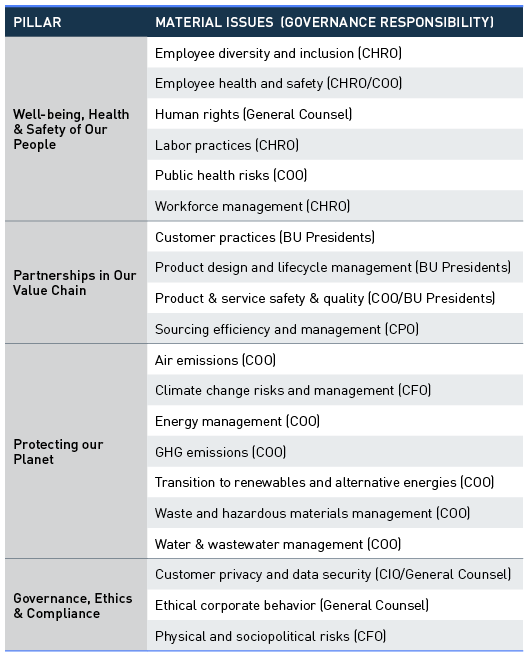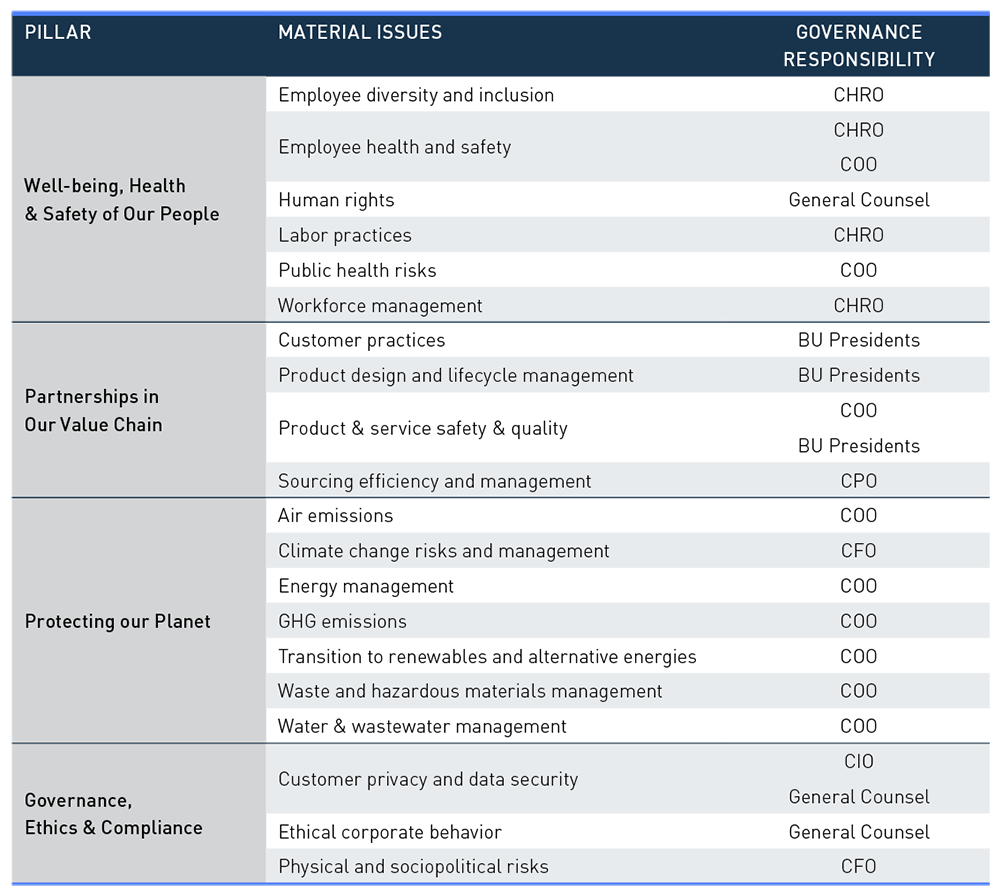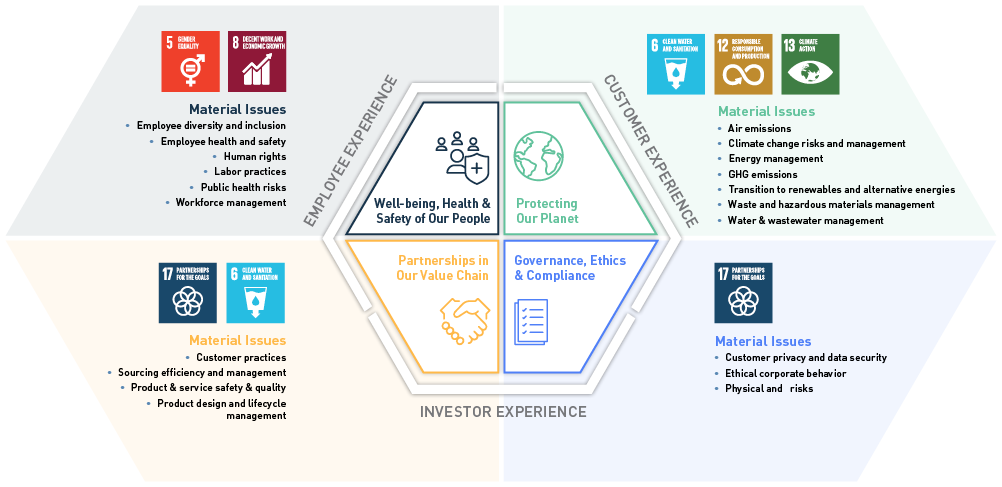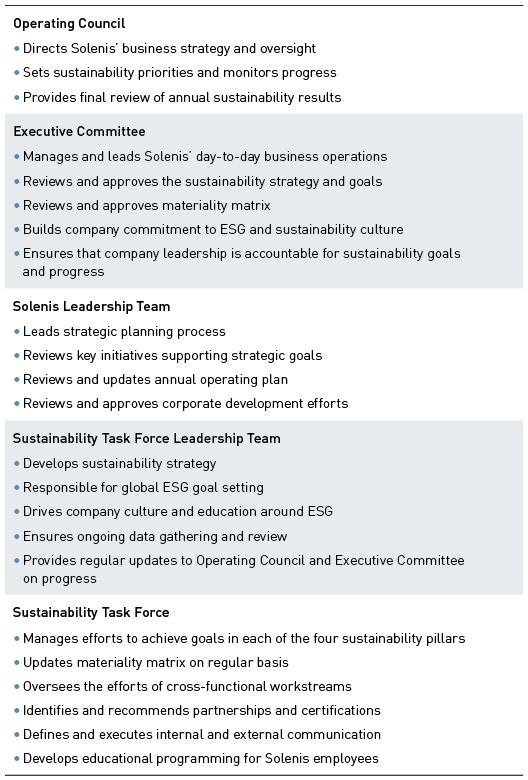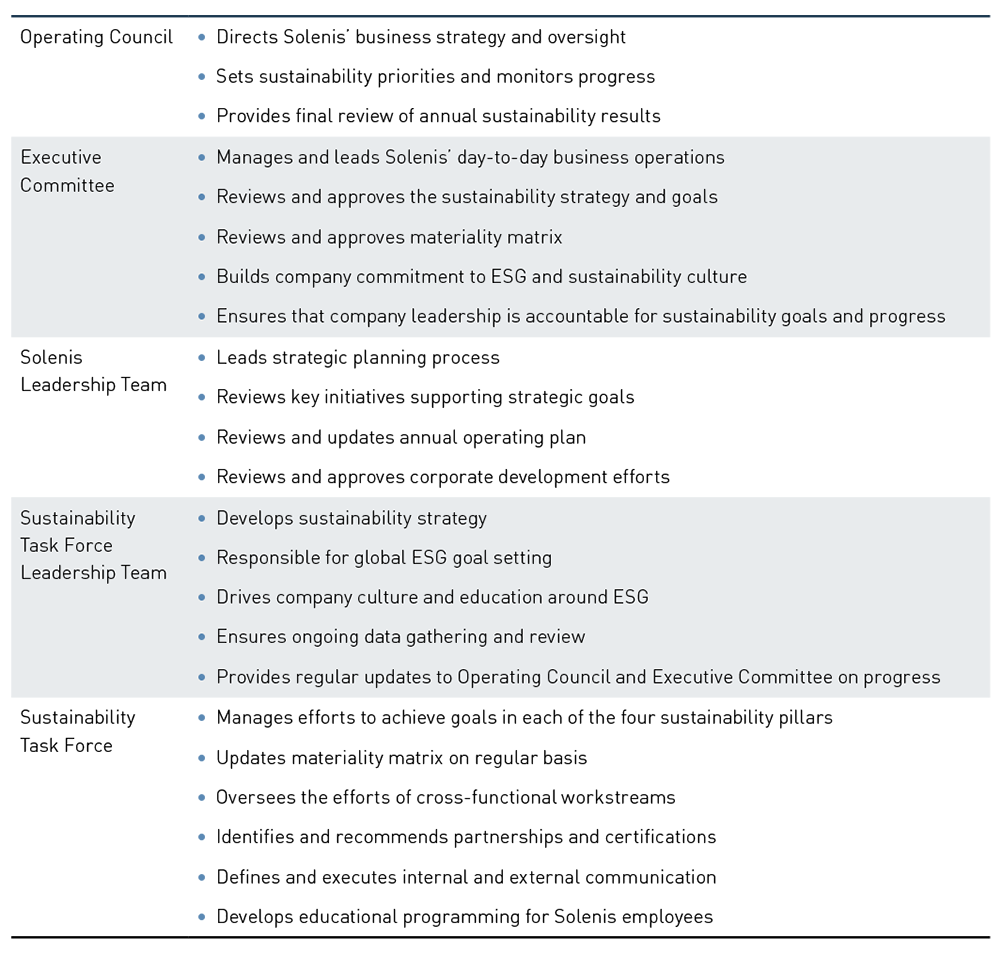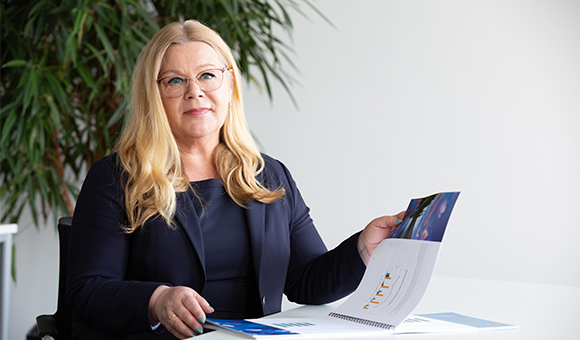
"Rarely does the journey toward reaching an organization’s vision and goals take a straight line."
Read our full 2023 Sustainability Report.
Lotta Kanto Oeqvist
Chief Sustainability Officer
A Message From Our CSO
Remaining focused through complexity.
Rarely does the journey toward reaching an organization’s vision and goals take a straight line. Often we are presented with obstacles, complications and competing priorities. In 2023, Solenis’ acquisition of Diversey gave us a one-of-a-kind opportunity to dramatically grow our company and strengthen our business and product offering. But as we integrate these companies, we know that there will be complexities and adjustments, and we’ll need to adapt our sustainability initiative to those. Nonetheless, we are maintaining a strong focus on our desired end results. As a result, we made several notable achievements in 2023:
- We completed our first Carbon Disclosure Project (CDP) submission in 2023. The Climate Change questionnaire of more than 100 questions reflects an extensive amount of data and information which advances our transparency and supplements the growth and strength of our own report.
- Solenis committed to the Science Based Targets initiative (SBTi). Established in 2015, the SBTi helps companies set emissions reduction targets, and by joining this collaboration, we are committing to embark on a journey towards reaching net-zero carbon impact by 2050.
- Our focus on Diversity, Equity & Inclusion (DE&I) remained strong. In 2023, we placed an increased emphasis on training and development, making great progress towards our goal of having each employee spend 5% of their working time on learning. Real change begins with learning and re-learning.
Underpinning these accomplishments is the strong commitment from our senior leadership team toward becoming a top-rated ESG company. Their enthusiasm pervades the organization and helps to drive greater employee participation and engagement.
We know that we have some areas for improvement. We are continuing to work on improving the quality of data to help us better focus on areas of our company that require attention. This includes the collection, calculation and storage of data across the board, which ultimately is critical to our ability to reach our aspirations for reducing emissions and minimizing our carbon footprint. In addition, we need to continue to improve supplier engagement to fuel our Scope 3 GHG reduction efforts.
I am very proud of the work that our Sustainability Task Force has done in 2023, along with the efforts of the ever-increasing number of employees who volunteer their time and energy to help Solenis drive toward becoming a force for sustainable change.
I hope that the information contained in this report provides you with a comprehensive look at everything we’re doing at Solenis to be a better, more socially responsible company. We continue to work to protect our people, our customers and the planet we share. And while our path may not always be straight one, I am confident that by harnessing the efforts of all of our employees, we can reach our sustainability objectives.
Lotta Kanto Oeqvist
Chief Sustainability Officer
